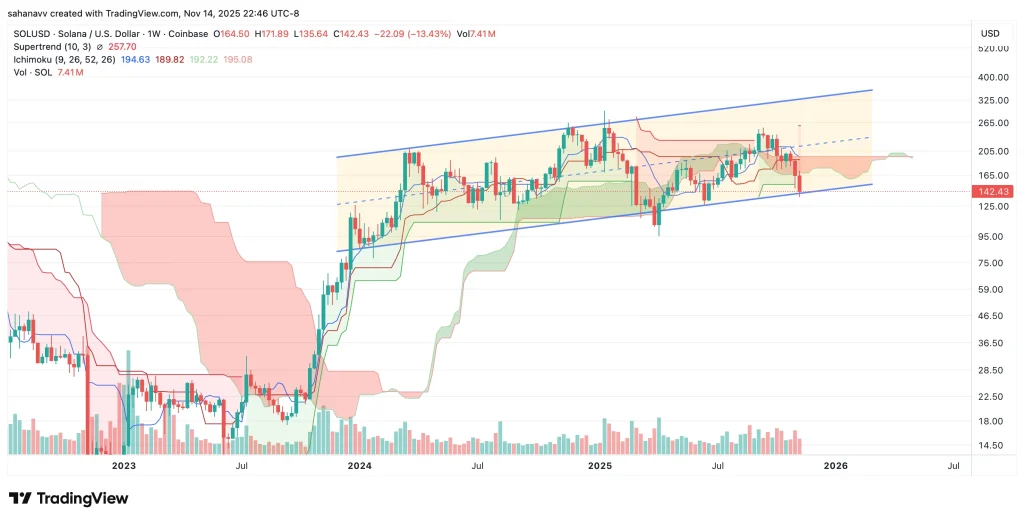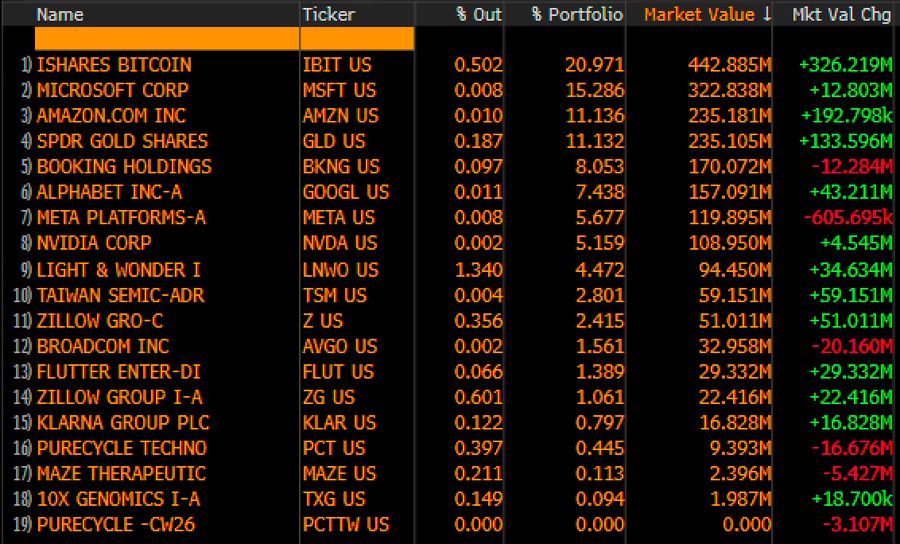Pig-Butchering Crypto Scams Emerge as National Security Threat, Experts Warn
Quick Breakdown
- Chainalysis and Operation Shamrock say pig-butchering scams now pose national security risks, not just consumer fraud threats.
- Scams are increasingly tied to human trafficking, money laundering and transnational crime networks in Southeast Asia.
- Governments respond with strike forces, sanctions, and coordinated crypto-asset freezes.
Crypto romance scams take a dark turn
The multibillion-dollar “pig-butchering” scam, once dismissed as a consumer-fraud issue, is now being flagged as a national security threat. In a recent podcast , Chainalysis’s head of national security intelligence, Andrew Fierman and former prosecutor Erin West, founder of Operation Shamrock, warned that the crime model has escalated far beyond simple online deception.
 Source:
Chainalysis
Source:
Chainalysis
West stressed that the scale of the threat means everyone touching financial systems must be aware of the risks.
“So you need to be prepared to understand the threat and the gravity of what’s happening on a national security level,”
she said.
Often beginning as online friendships or romantic connections, pig-butchering scams lure victims into fake cryptocurrency investment platforms, then drain their funds.
A growing and sophisticated criminal network
Fierman and West described how organized crime networks across Southeast Asia run dormitory-style scam compounds staffed by trafficked workers. These workers are coerced into building emotional bonds with unsuspecting victims and steering them into fraudulent crypto schemes.
The numbers continue to soar. The U.S. Department of Justice seized $112 million in crypto linked to these scams in 2023. Chainalysis data shows a nearly 40% spike in pig-butchering activity in 2024, contributing to over $9.9 billion in total scam revenue.
A lesser-known twist is the “double scam.” After victims lose money, fake recovery firms often contact them pretending to help retrieve lost funds—only to steal even more.
“Once this happens to you, you will be put on a list,”
West explained.
“You’re even more likely to get hit up again.”
Despite the complexity, Fierman said blockchain technology offers regulators and exchanges an opening to intervene.
“And the transparency of the blockchain gives that opportunity to potentially disrupt at the point of cash out,”
he noted.
Governments are stepping up
Authorities are now responding with a more aggressive strategy. On November 12, the U.S. DOJ launched a “Scam Center Strike Force” to target Chinese-linked criminal groups operating crypto-fraud networks in Southeast Asia.
In January, Authorities in Central Jakarta arrested 20 suspects linked to an elaborate crypto romance scam that preyed on middle-class professionals across Southeast Asia. In August, APAC law enforcement teams, working with Chainalysis, OKX, Tether and Binance, froze $47 million believed to be linked to pig-butchering operations.
Take control of your crypto portfolio with MARKETS PRO, DeFi Planet’s suite of analytics tools.”
Disclaimer: The content of this article solely reflects the author's opinion and does not represent the platform in any capacity. This article is not intended to serve as a reference for making investment decisions.
You may also like
Crypto Sell-Off Deepens Despite Expectations of Fed Rate Cuts
9 XRP ETFs to Launch in 10 Days, Franklin Templeton Leads Next Week’s Rollout
Solana Faces Critical Weekend Test as Bitcoin and Altcoins Wobble: Will SOL Price Regain $170?

Harvard Increases Bitcoin ETF Holdings by 257%, Ranks Above Microsoft, Amazon

